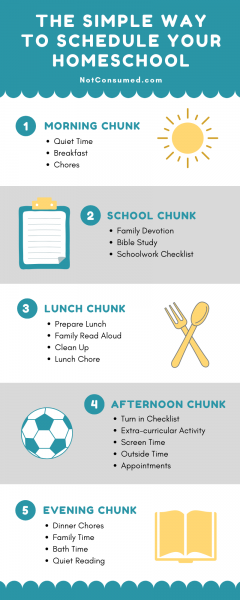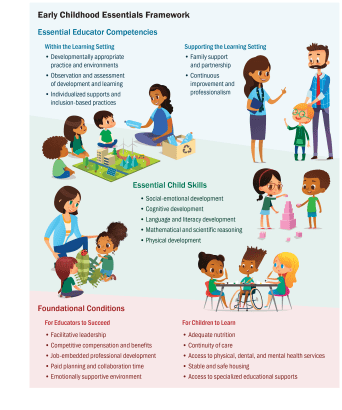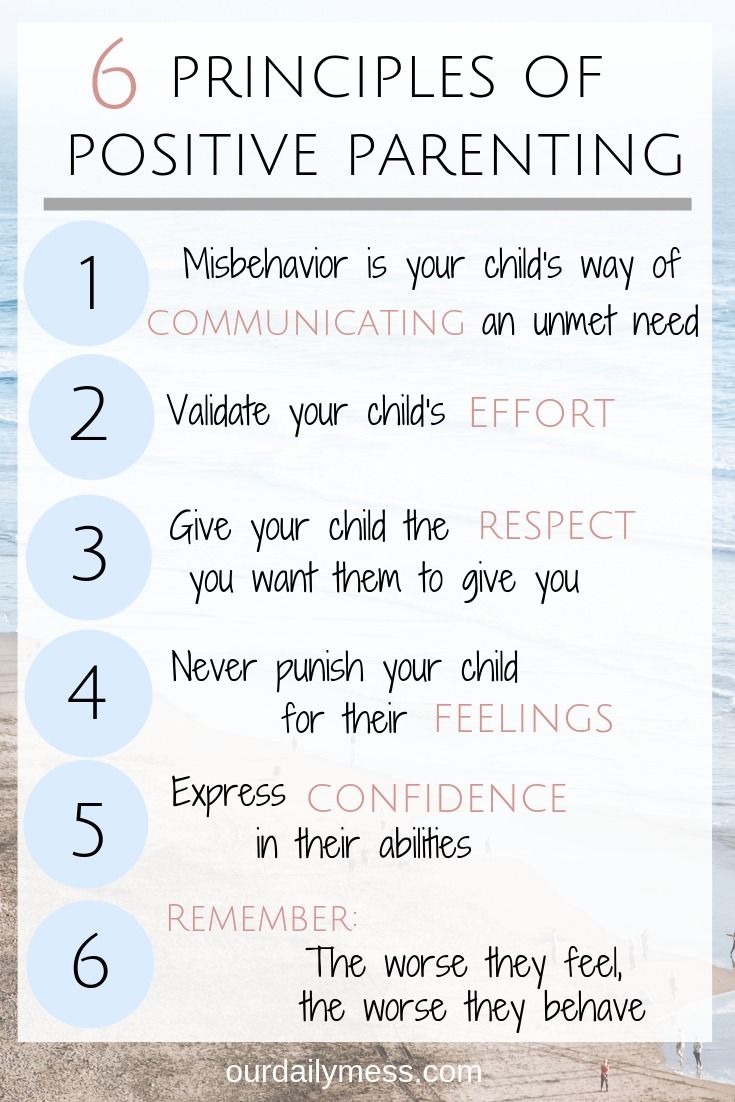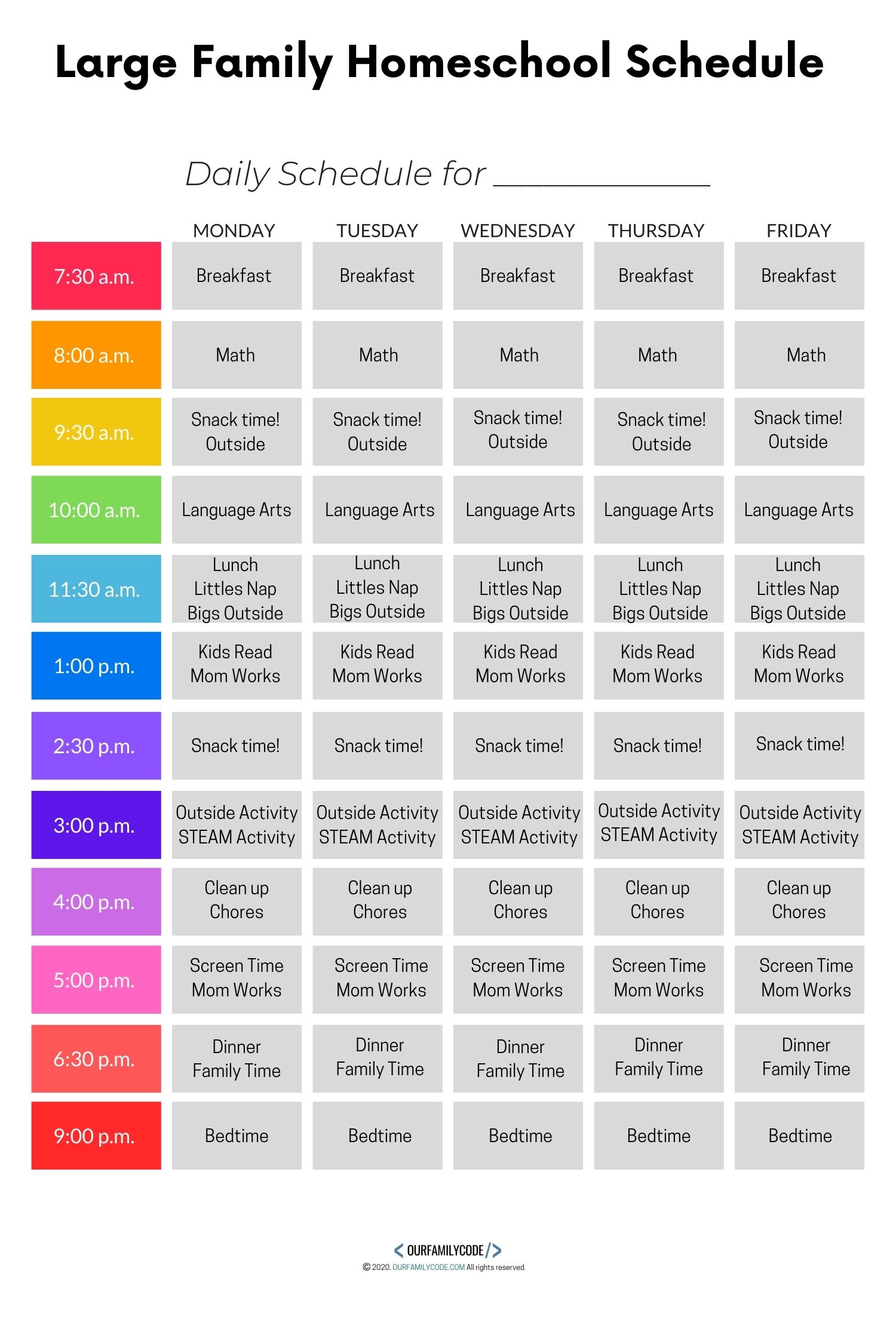The Ultimate Guide to Making Homeschooling Work for You and Your Family
In recent years, homeschooling has gained popularity as an alternative to traditional education. Many families have chosen this path to have more control over their child’s education, provide personalized learning experiences, and create a flexible schedule. However, successfully homeschooling your child requires careful planning, organization, and a supportive environment. In this ultimate guide, we will explore essential tips and strategies to help you make homeschooling work for you and your family.
1. Set Clear Goals and Expectations:
Before embarking on your homeschooling journey, take the time to define your educational goals and expectations. Determine what you want your child to achieve academically, socially, and emotionally. Establish realistic expectations to ensure a smooth and fulfilling homeschooling experience.
2. Design a Customized Curriculum:
One of the greatest advantages of homeschooling is the ability to tailor the curriculum to your child’s specific needs and interests. Research different educational approaches, such as traditional, Montessori, or Charlotte Mason, and choose the one that aligns with your values and your child’s learning style. Utilize online resources, educational websites, and libraries to gather curriculum materials and develop a customized plan.
3. Create a Dedicated Learning Space:
Designating a specific area in your home as a learning space can help provide structure and focus during homeschooling hours. Ensure the space is quiet, well-lit, and free from distractions. Stock it with necessary supplies, such as books, writing materials, and educational tools, to create an environment conducive to learning.
4. Establish a Routine:
Having a consistent daily routine is crucial for a successful homeschooling experience. Set a schedule that accommodates your child’s natural rhythm and your family’s lifestyle. Include dedicated times for academic subjects, breaks, physical activity, and extracurricular activities. Develop a visual schedule or use online tools to help your child understand and follow the routine.
5. Make Learning Engaging and Fun:
Incorporate interactive and hands-on learning activities to keep your child engaged and interested. Utilize educational games, puzzles, experiments, field trips, and real-life examples to make learning enjoyable. Incorporate technology by utilizing educational apps, online courses, and virtual resources to supplement your curriculum.
6. Join Homeschooling Communities:
Connecting with other homeschooling families can provide valuable support and resources. Seek local homeschooling groups, co-ops, or online communities where you can exchange ideas, share experiences, and organize social activities for your children. Attending homeschooling conferences and workshops can also offer insights and networking opportunities.
7. Foster Socialization Opportunities:
Socialization is an important aspect of a child’s development; it can be nurtured in various ways in a homeschooling setting. Schedule regular playdates, join community clubs or sports teams, and participate in local events to ensure your child has opportunities to interact with peers, develop friendships, and engage in group activities.
8. Embrace Flexibility:
One of the main advantages of homeschooling is flexibility. Embrace this flexibility by adjusting your schedule, curriculum, and teaching methods to cater to your child’s changing needs and interests. Allow for breaks, field trips, and spontaneous learning opportunities that arise during your homeschooling journey.
9. Incorporate Life Skills:
Beyond academic subjects, homeschooling offers the perfect opportunity to teach important life skills. Integrate practical skills such as cooking, budgeting, gardening, and problem-solving into your curriculum. Engage your child in household tasks and encourage independence and responsibility.
10. Regularly Evaluate and Adapt:
Regularly assess your homeschooling approach and make necessary adjustments. Monitor your child’s progress, identify areas of improvement, and adapt your teaching methods accordingly. Stay up to date with educational developments, attend workshops, and seek feedback from your child to ensure an effective and evolving homeschooling experience.
By following these tips, you can create a productive and rewarding homeschooling experience for you and your family. Remember that homeschooling is a personal journey, and what works for one family may not work for another. Tailor your approach to your child’s unique needs, embrace the flexibility, and enjoy the incredible opportunity to shape your child’s education firsthand. Happy homeschooling!
[code: SEO optimized]
Keywords: homeschooling, homeschooling guide, successful homeschooling, personalized learning, customized curriculum, homeschooling routine, homeschooling communities, socialization in homeschooling, flexibility in homeschooling, life skills in homeschooling, homeschooling evaluation
Meta Description: Discover the ultimate guide to making homeschooling work for you and your family. Learn how to set goals, create a customized curriculum, establish routines, join homeschooling communities, foster socialization, and more for successful homeschooling.











